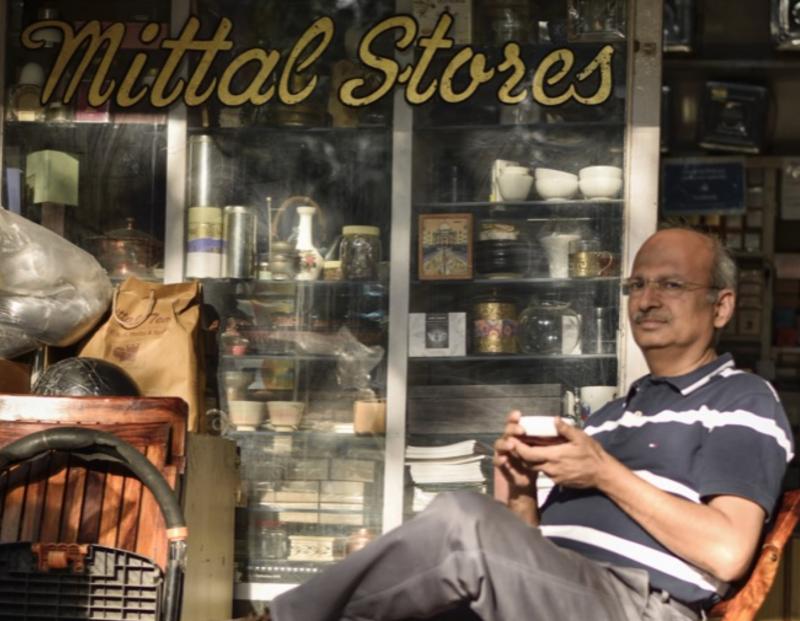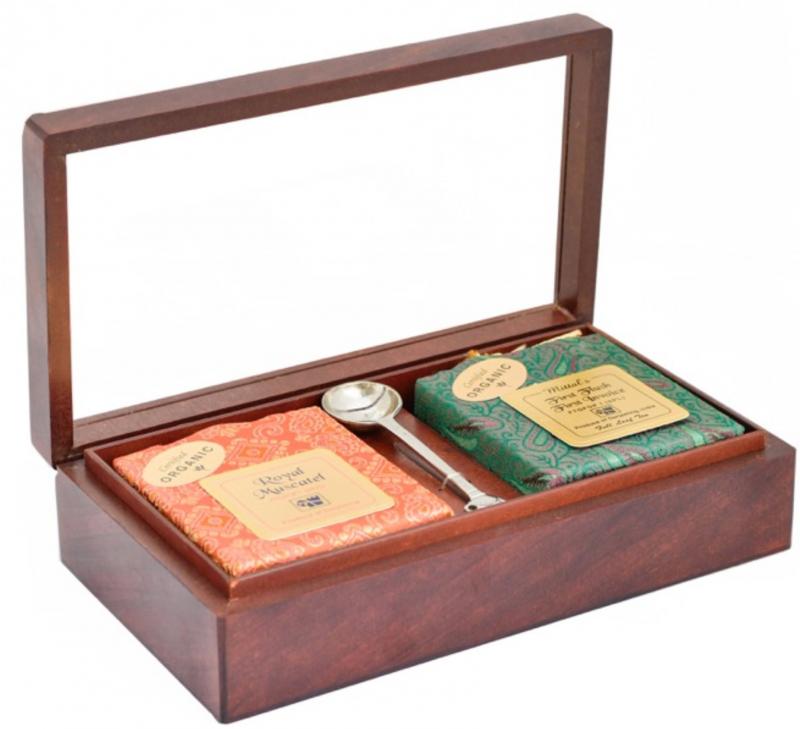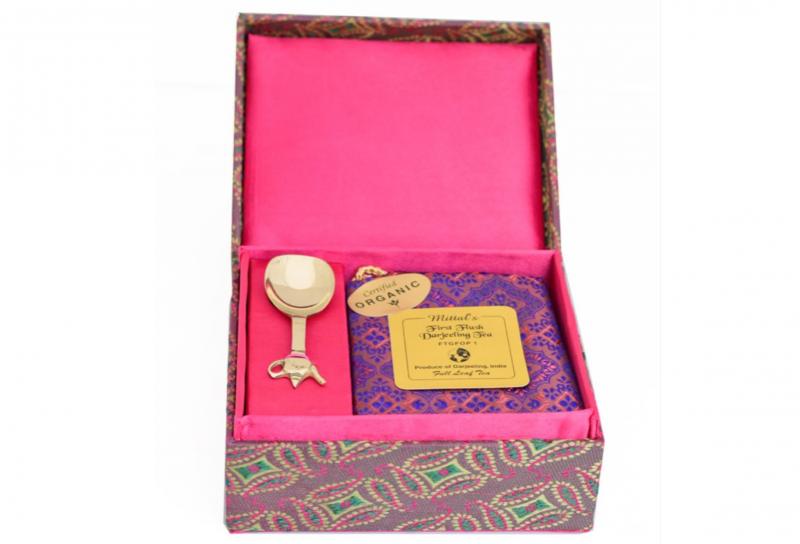It is said that if you have a purpose, you go can a long way.
At Mittal Teas, we have been keen on the idea of giving back to society in whatever capacity possible since we first began in 1954. This has been our purpose.
Looking Back and Finding Purpose
It was a great time when my grandfather started our tea business in the 1950s. India had been independent for merely seven years (from the British rule in 1947), and my grandfather had a sense of nationalism having seen the struggle that our freedom fighters endured. Hailing from a small town, he was also well aware of the talent the local handicraftsmen possessed. One fine day in 1966, a kaarigar (Hindi word for craftsman) came to him. This kaarigar was eager to learn the key to “making it in the big city,” and he was hoping to get some help to sell his wooden boxes.

My grandfather wanted to help but being a startup himself, his resources were limited. But… he had a eureka moment! A win-win he thought. He decided he could engage some local kaarigars, like the man he had just met, to make brass caddies and wooden chests to sell teas as gifts to his ex-pat clients who frequented his store in New Delhi. And it was a big hit! Our tea businesses succeed and so did the local craftsmen.

Later, my grandfather spoke with kaarigars in Kashmir who made beautiful paper-machiè boxes, and he began working with them, too. “When the tea is finished, the box still remains and it reminds me of India,” one tea client said with a smile.
In the end, incorporating Indian handicrafts into our tea offerings led us to capturing the attention of top-notch clients – luxury hotels, large corporations, Ambassadors from various embassies, and even some presidential delegations.

Finding Purpose by Giving Back to Society
As our business grew and as times changed, people became more environmentally-aware, and there became a strong understanding about the adverse effects of plastic on the environment (this was around 1997). Of course, the existing paper teabags were not only infamous for having bad tea, but there was also the risk of staple pins. Thus, we came up with the idea of handcrafted muslin teabags.
While the notion seemed promising, proper execution was needed. These delicate teabags required patience, and the tiny knots involved demanded diligence. Around the same time, we noticed that the employees in our factories – those who had come from the villages of Delhi with their wives – were just about making ends meet. Their wives would do all the house chores and they still had half a day left.
Another eureka moment – this time by my father, who had 30+ years of experience with tasting teas. He thought, “Why not employ these women for half a day and make it another win-win!” So, now our teabags were not only full leaf, biodegradable and handcrafted, but they were also made by a workforce of 100-percent women.
Later, these new handcrafted teabags made their way into some of the most prestigious luxury hotels in India. The women not only started earning a living, but they also learned a new skill. For many of them who never went to school – they couldn’t read or write – so this new skill was a huge deal. They felt self-reliant and we – as a company – felt relief that because we were managing to give back to society. “Our potli [Hindi word for a bundle, here being referred to the handmade muslin teabags] goes to big hotels,” said Laxmi, one of our teabag champions.
While we may not get innovative ideas like these very often, we continue to always think about our primary purpose and look for ways to give back to society through various small endeavors – be it a free chai distribution drive in winters to the underprivileged, or offsetting ocean-bound plastic in whatever way we can.
Consider Your Purpose-driven Efforts
Of course, first and foremost, we always strive for good quality teas, and we always look to our knowledge around teas to led us to success. However, we would not have found success without asking, “What’s our purpose?” This has always led us to innovative ideas, beneficial social initiatives and lots of success. And today, we still work with kaarigars on our tea boxes, and we still have our workforce of women who produce the muslin teabags.
Needless to say, all these purpose-driven efforts also added to our credibility in one way or the other in the global tea community.
Takeaways
What can your tea business take away from this? Here are a few things to consider:
1. Look for ways in which you can add value not only to your buyers but also to your community.
2. There is some cultural aspect to every region of the world, which may not have been explored yet. Look at how you can capitalize on that, appropriately, and you’ll be surprised with the results.
3. Consider social causes that everyone cares about. Pick whatever motivates you the most and let that be your purpose.
4. If you think you have a niche within the tea industry, follow your instincts and stick to that – but with purpose.
Nikita Mittal of Mittal Teas is a third-generation tea taster with more than seven years of experience in the world of teas, responsible for growth and marketing at her company. Her goal is to educate people about good quality teas, one cup at a time, and her purpose is to improve mental and physical health through teas. To learn more about Mittal Teas, visit MittalTeas.com.
